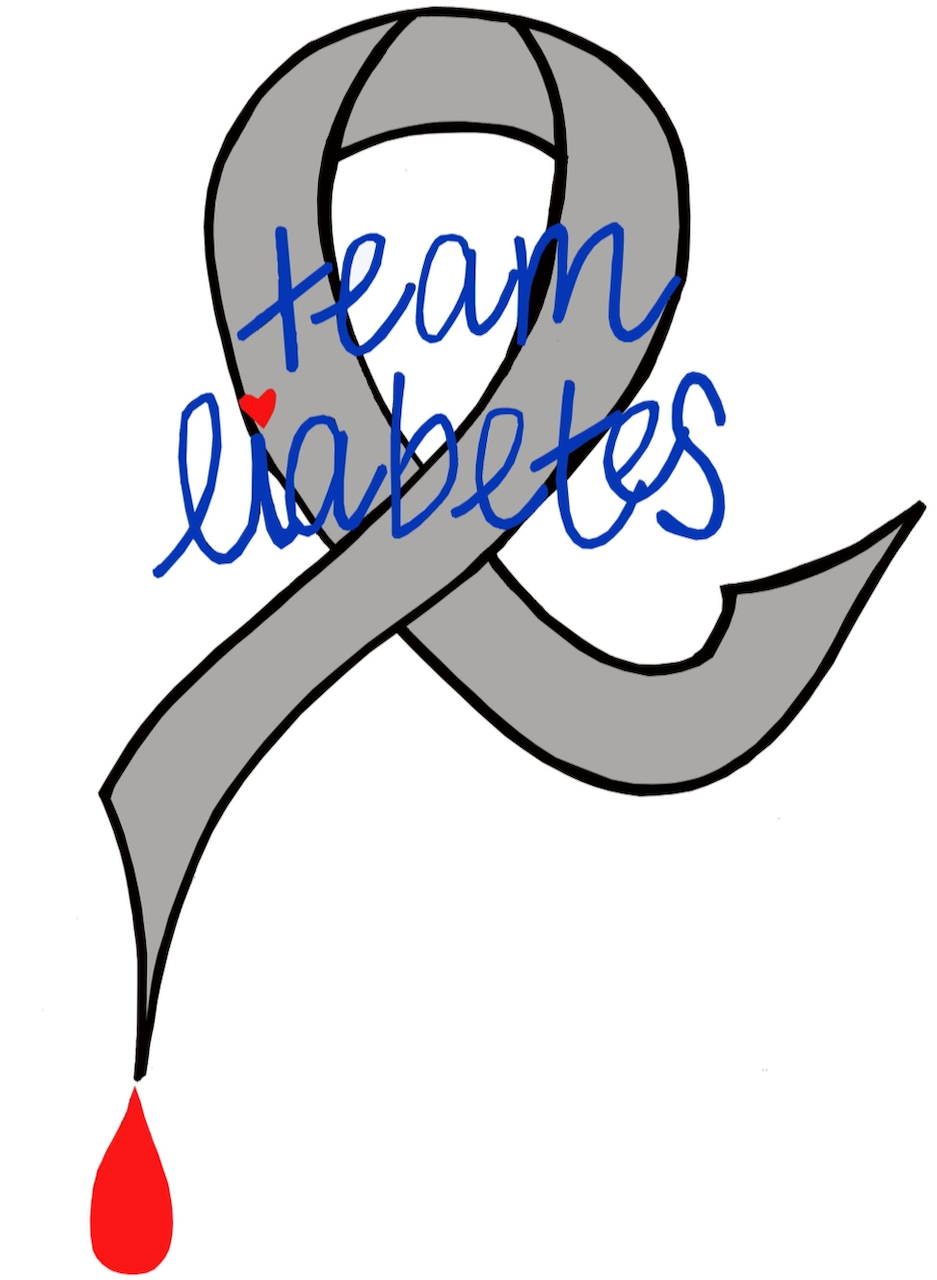Fortunate 2 Know U
There were many ways our family and friends and other people we knew showed their concern for Lia and our family in the days following her diagnosis. The best one was the visit by John, Jenny and Jessie, who detoured their travel plans to see Lia in the hospital on the morning of Christmas Eve. They came bearing breakfast and gifts like the three gracious wise men. At the time we did not know we’d be spending another night in the hospital, almost two in fact — though Franca and I both suspected it — and knowing through experience with my father, who died in the night on the same day of leaving a hospital, there was no easy remedy for a patient wanting to leave when they thought they were ready, which by this time Lia desperately wanted. So our already depressed moods were made even more pensive as we neither wanted to be there nor knew if we were ready or not for the challenges of treating Lia’s diabetes at home.
But it was Christmastime and if hospitals are generally tragic places to begin with, being there on Christmas Eve would have made it almost heartbreaking were Lia not feeling better. You could see it in her eyes, in her face. The color was back, her eyelids no longer drooped, she could be prompted on occasion to smile. It wasn’t that she was not still severely sick, she was. Her blood sugars were elevated and she was still suffering from the Diabetic Ketoacidosis that had sent us to the doctor in the first place. But we were optimistic, despite our resignation to the reality of another night in hospital.
Such misfortune drew compassion from everyone, but especially of course from the nursing staff who understood better than most, better than patients even, the meaning of loss when being home with family on a holiday wasn’t possible. As it was we did what we could and made the best of the situation by spending the day with Lia.
I left around five that afternoon and drove home. Our older children were having dinner at an aunt’s and the house was empty and quiet. I poured myself a beer and got busy wrapping presents, a private event my wife and I annually observed on Christmas Eve. Tonight I was to do it alone. There was no flirting or playfulness, no sex. No glasses of wine. I rushed through it, slowing only to tie the bows as that was traditionally Franca’s job and I didn’t want to let her down. When John and Krista got home at nine I sat with them for an hour or so before they went off to bed and finished wrapping the gifts. Around midnight I loaded Lia’s stocking and Santa’s gifts into the van and drove back to the hospital. I slipped quietly through the corridors and into her room where Franca lay awake in the bed beside Lia, who was sleeping. I set the gifts in the corner where she could find them the next morning and drove home and fell into bed for a couple of hours before waking John and Krista. The three of us gathered around the tree. Absent was the usual excitement, the thrill of discovery of Santa’s delivery. We picked through our stockings and ate a quick breakfast and hurried on to the hospital, where Lia had already woken to the surprise that Santa had found her. She was happy and eager and needed no prompting to smile that day, we came home.
It is weeks later now that I write this and the emotion and dread of those days in the hospital has slowly evaporated. But of the friends and family who offered their love and support I am reminded daily of their genuine compassion, often through the actions of others as news of Lia’s diagnosis spreads, some of which are neither genuine nor compassionate, but taken in context seemed only designed to make someone else feel better. Such as the email my wife received last week. Sent by the mother of our daughter Krista’s best friend in response to hearing of our situation, it read: So sorry 2 hear about Lia.
At first I was angered by the trivial and insensitive manner in which she addressed her comment. So sorry 2 hear about Lia. As if what she’d come down with was a cold and missed a soccer game. But that’s how this thing comes at you, this diabetes. It so far off the radar that you have to believe there must be something wrong, that it must only be a cold, a virus. How else do you explain it?
And in Lia’s case there’s some precedence. About three years ago I brought her home from school complaining of severe stomach pain. Nothing I did reduced her discomfort so I took her to the doctor. Franca met us there. We were sitting in the waiting room. She walked up and took one look at Lia and asked had she been to the bathroom. Lia looked at me and then at her mother and shook her head. They went down the hall and came back a moment later all happy and smiles.
Everything better, I asked.
Lia grinned sheepishly. I guess I just had to pee
That’s what part of you is waiting to see come about. The moment of the truth, the answer. A short little stroll down the hall, and then all of this will be over.
But it won’t be over and the other part of you that is listening to the facts knows that it won’t be over and so reality awaits. If you have any fortune at all those you keep close to your heart will be waiting there to greet you.
To get more information on being newly diagnosed with juvenile diabetes, please follow the link. To donate, please click here.

